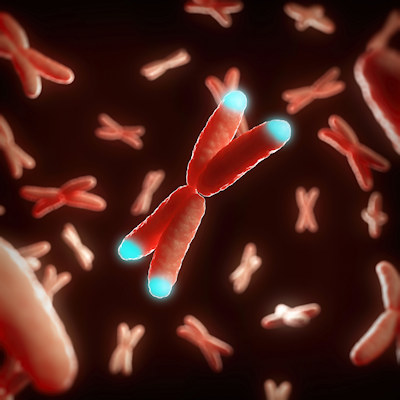August 16, 2022 -- The National Institutes of Health (NIH) has awarded a $10.6 million grant as part of the Cellular Senescence Network (SenNet) program, which aims to create a comprehensive atlas of how and where aging cells accumulate in tissues to advance potential treatments for age-related diseases.
The NIH award was made to Peter Adams, PhD, who directs the Aging, Cancer, and Immuno-oncology Program at Sanford Burnham Prebys, and Bing Ren, PhD, professor of cellular and molecular medicine at the University of California, San Diego School of Medicine.
Senescence is involved in a range of human diseases of aging, such as Alzheimer's disease, type 2 diabetes, and cancer. SenNet is funding the mapping of how and where senescent cells accumulate over time, with the ultimate goal of creating an atlas of these cells associated with the aging process.
Using single-cell technologies, Adams and Ren will contribute to the SenNet project by mapping senescent cells in five different tissues in mice: the liver, the brain, mammary glands, the intestines, and bone marrow.
"Single-cell analysis lets us look at the molecular and cellular processes of aging in an unprecedented level of detail," says Ren. "This work is going to create an invaluable resource for the aging research community and, over the long term, could significantly change the way we approach senescence-related diseases."
Copyright © 2022 scienceboard.net









